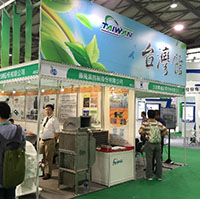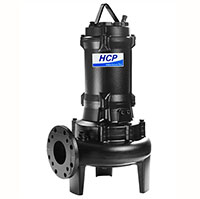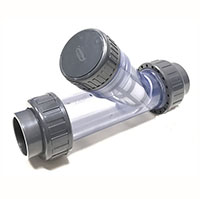
Explore Green Infrastructure Opportunities at TIWW 2022
According to the latest report from Intergovernmental Panel on Climate Change (IPCC), "AR6 Climate Change 2022: Impacts, Adaptation and Vulnerability from", human activities have exacerbated climate change and severely impacted the global ecological environment. Many developed and developing countries are marred by unprecedented drought and devastating floods caused by climate change and global warming. The livelihood and safety of millions of people around the world are jeopardized. As specified by CNN, the economic loss of the large coastal cities due to flood damage is estimated to reach US$ 1 trillion in 2050. In consequence, improving water infrastructure such as water storage system, purification system, and sewage system has moved up to the top of the list of government priorities.。
READ MORE
Nourish New Lives and Save the Earth with
Reclaimed Water
Reclaimed Water
U.N. water sector declared in their 2017 annual report that wastewater should not be seen as a problem but a valuable resource.
Water is always in movement on earth in the natural environment, also known as the hydrologic cycle. As civilization advances, human development and the consequent pollution cause damage to the environment and clean water gradually becomes depleted. Global warming brought extreme weather, and natural disasters such as flood and drought to the world, further diminishing the already scarce clean water source. This is where water reclamation technology comes in. It stands in as a new link in the dysfunctional natural water cycle, making effluent useful again as a supplement to existing water source.
READ MORE
Global Residential Water Treatment Market to Cross USD 34 Billion by 2028
Global Residential Water Treatment Market is flourishing owing to the growing public health concerns, continuous improvement of water purifier technology along with the expanding residential constructions…
READ MORE
To conserve freshwater sources, industries like construction must take the lead
Four billion people, over half of the global population, experience water scarcity at least once a year and 1.42 billion people live in areas of high-water vulnerability. The water cycle is being disrupted by climate change, and consumption habits that are unsustainable and polluting pose a threat to the false sense of security that is far too prevalent, particularly in the industrialized world.
READ MORE










